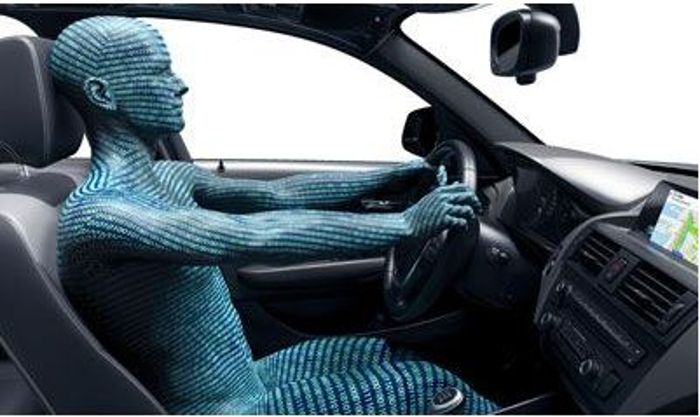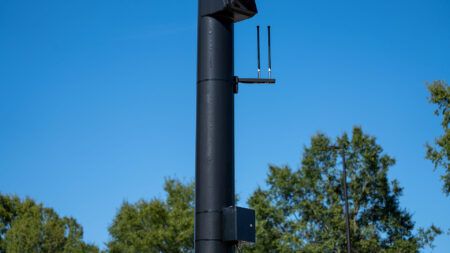The Mobility Open Blockchain Initiative (MOBI) has created and launched the industry’s first standard incorporating blockchain technology into a digital vehicle identification (VID) system, paving the way for decentralized mobility services and smarter cities.
MOBI is a nonprofit global foundation formed to accelerate the adoption and promotion of standards in blockchain, distributed ledgers, and related technologies for the benefit of smart cities and mobility industries. MOBI and its partners are creating simple, standard, and digital methods of identifying cars, people, and trips, of paying for mobility services, and securely exchanging and monetizing data in ways that preserve property rights and privacy. Created by MOBI’s VID working group of global automotive leaders, start-ups, and large technology companies, the new VID standard emerged as the elementary step toward the digital evolution of the automotive and mobility industries. The VID standard will use the security offered by blockchain technology to advance the use of Mobility-as-a-Service (MaaS) concepts.
The VID working group is chaired by Groupe Renault and Ford, with support from Accenture, AIOI Insurance, BMW, Car Vertical, Cerebri AI, Cognizant, ConsenSys, CPChain, Dealer Market Exchange, DLT Labs, GM, Honda, Hyperledger, IBM, IOTA, Kar Auction Services, Luxoft, MintBit, Netsol Tech, Oaken Innovations, On The Road Lending, Trusted IoT Alliance, and Xapix.
In order to establish existence, the first blockchain VID standard focuses on the ‘birth’ of the vehicle as a minimum representation of its creation. Subsequent VID phases will add additional product definition, ownership history, and a log of key-events in the vehicle’s lifecycle. The result will be a trusted and immutable master record of the vehicle’s history and data usage. The first standard is the foundation developed by the working group to enable trusted data communication among inter-operating stakeholders within the mobility ecosystem. The VID is the master data key to a vehicle’s existence, behavior, and performance, supporting data transparency, coordination, and automation among stakeholders throughout its lifecycle.
In addition to the working group, the new VID standard was thoroughly reviewed by formal verification experts, giving developers confidence their implementations adhere to the best practices in digital security. MOBI hopes that applications enabled by this standard will ultimately help lower carbon emissions, improve road safety, reduce traffic congestion, and support a host of other socially desirable outcomes.
“A blockchain identity standard could enable a diverse suite of mobility applications that result in more efficient supply-chains, lower-cost financing, and safer roads” explained Chris Ballinger, MOBI’s founder and CEO. “We hope these standards will ultimately make urban environments greener, safer, and more livable by enabling usage-based payment for congestion, pollution, and infrastructure.”
Ford’s Alan Gordon, co-chair of MOBI’s VID working group, said, “The real power of blockchain comes from enabling networks of people and things to transact with each other without intermediaries. A crucial first step to enabling these networks is for participants to be able to identify each other in a way that everyone understands. Providing this identity for vehicles is the goal of the first phase of the VID standard.”





